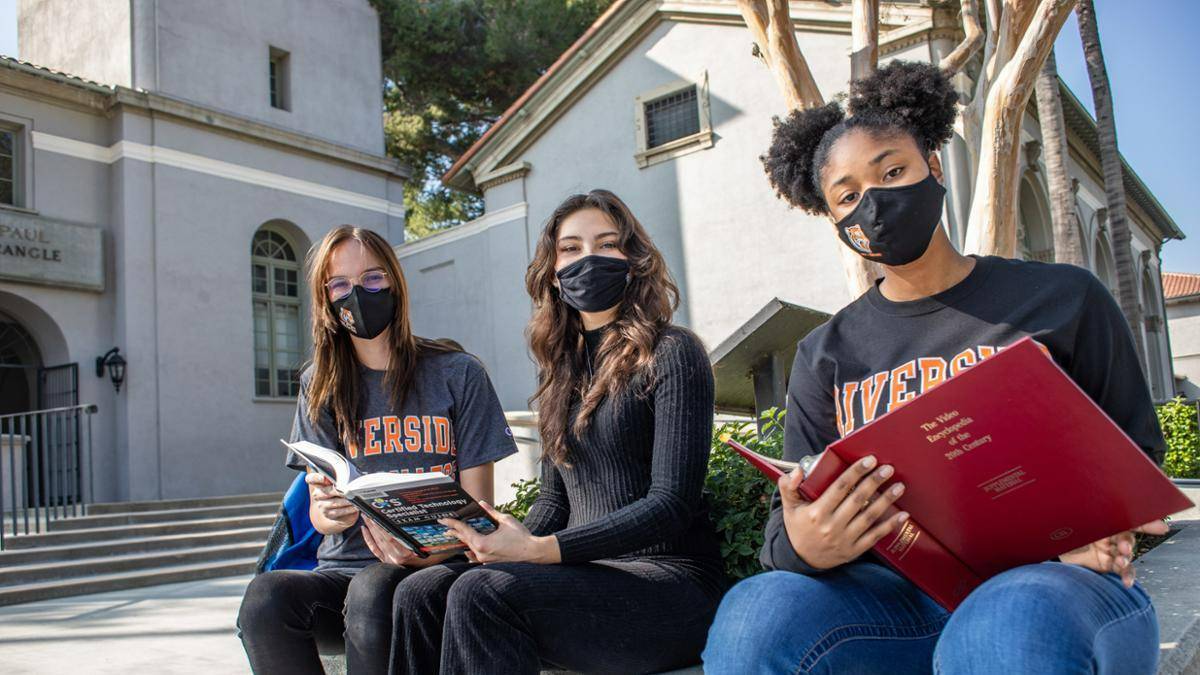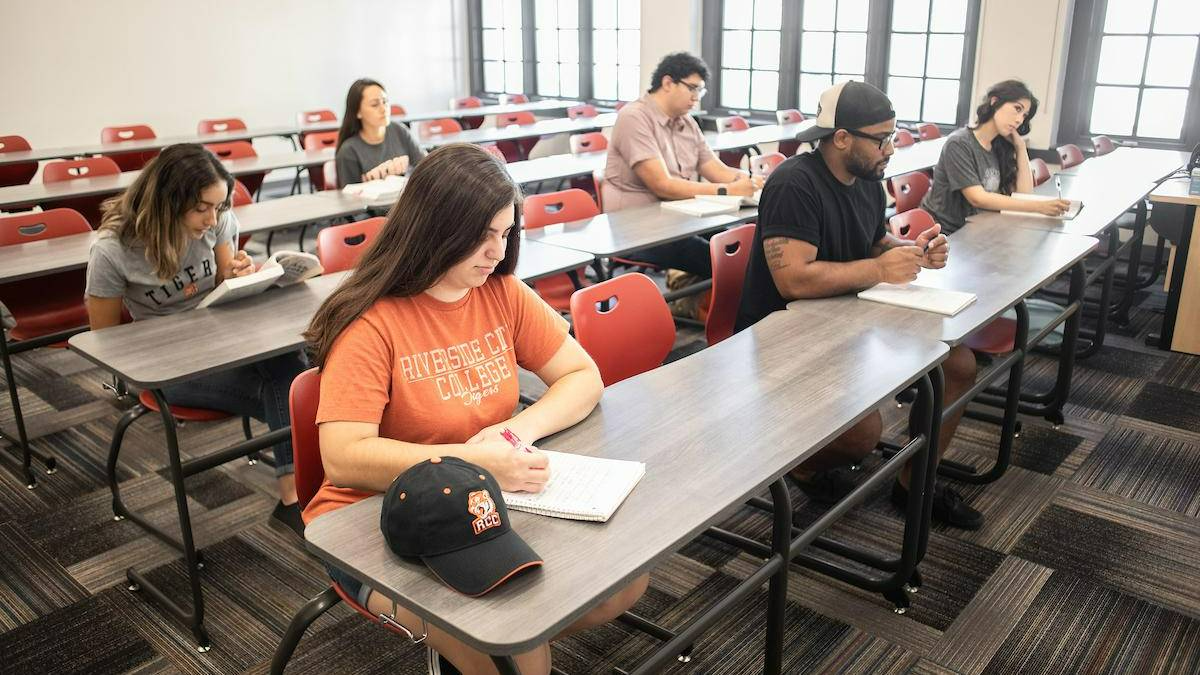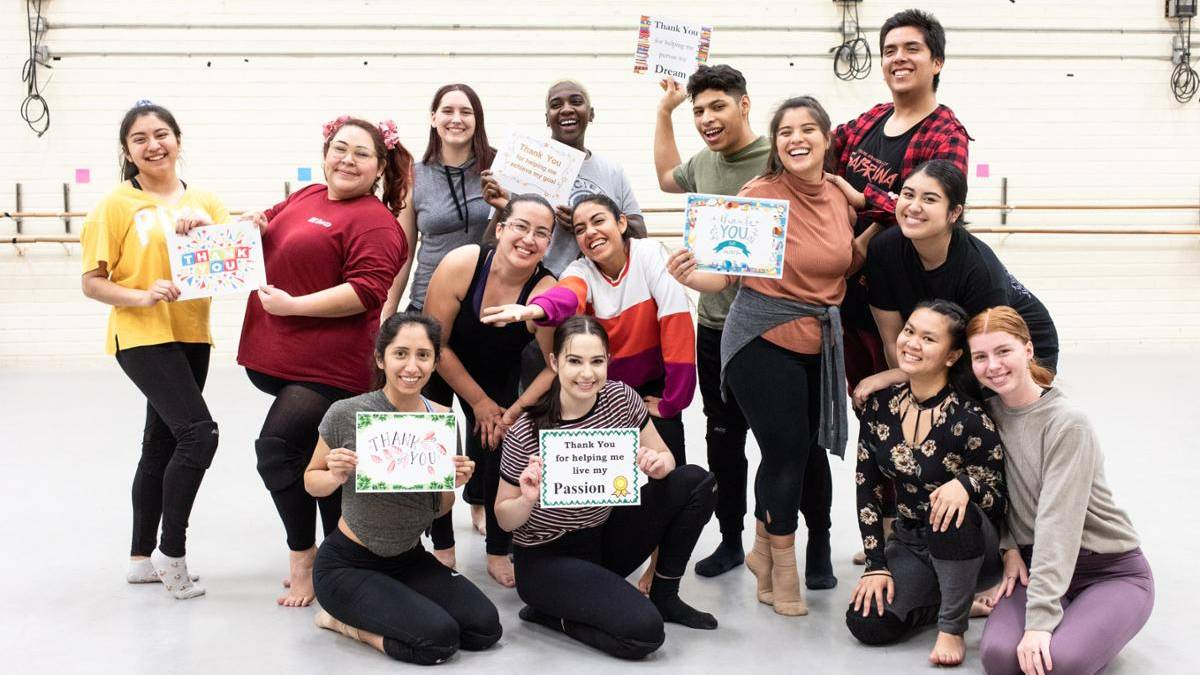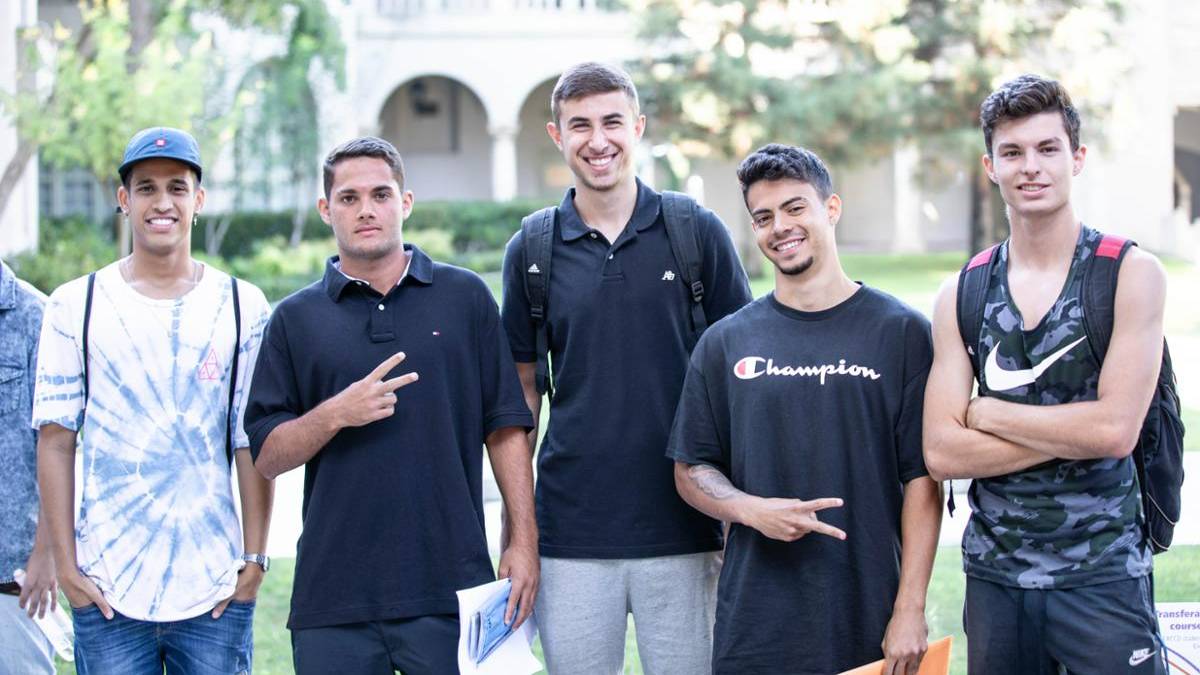The Office of College Equity, Inclusion, and Engagement
Commitment to Equity
The Office of Equity, Inclusion, and Engagement (EIE) is dedicated to delivering programs and services that meet the diverse needs of students from a wide range of social and cultural backgrounds. The office plays a key role in fostering an anti-racist, culturally responsive, and inclusive environment for students and the broader college community.
EIE works closely with the Office of Institutional Effectiveness to analyze existing data and create tools that track the progress of equity initiatives. Through collaboration with academic and cultural engagement centers, the office measures the impact of these efforts on student equity, inclusion, and engagement. Additionally, EIE supports the development of intercultural competence by partnering with faculty to enhance equity-focused development and implement culturally responsive teaching practices.
Key Goals of the Office:
Align Equity Plan
Align the Student Equity Plan with the college’s mission, vision, and strategic goals to drive meaningful progress.
Evidence-Based Practices
Use evidence-based practices and interventions to enhance student success outcomes and promote social and economic mobility.
Equity & Social Justice
Facilitate equity, social justice, and multicultural initiatives by engaging faculty, staff, and administration.
Advance Equity Work
Assess and address policies and practices that may hinder student success.
Data-Driven Decisions
Identify and close gaps in enrollment, retention, and persistence for disproportionately impacted students.
Collaboration
Partner with the District office, local organizations, and the Center for Social Justice to strengthen campus-wide equity initiatives.
Equity Minded Learning Institute (EMLI) Description
Our vision for the Equity-Minded Learning Institute at Riverside City College is to cultivate equity-minded innovation in teaching, leadership, and service, fostering a community where every individual embraces responsibility for student success. Grounded in race-consciousness and historical context, we dismantle barriers and inspire a culture of inclusive excellence. Through intentional disruption and innovation, we aim to eliminate racial disparities and set a new standard for education.
TIGER PATHWAYS ENGAGEMENT RESOURCE COURSES
- Introduction to Undergraduate Research – Encouraging students to engage in research early in their academic journey.
- Information on Work-Based Learning and Service Learning – Connecting students with real-world applications of their academic work.
- Collaborative Work and Group Projects – Promoting teamwork and peer learning to build community.
- Connection to Student Engagement Centers – Guiding students toward campus resources that support their success.
- Culturally Relevant Pedagogy – Ensuring teaching approaches reflect and value the diverse backgrounds of students.
- Increase student success, retention, and persistence
- Strengthen campus and community engagement
- Foster a stronger sense of belonging among students
- Close equity gaps in academic achievement
- Enhance faculty development in equity-minded and culturally proficient teaching practices
Cohort 2 consists of eight cross-disciplinary faculty members engaged in dialogue and practice focused on supporting men of color both inside and outside the classroom. Discussions explore key topics such as:
- External pressures faced by men of color
- Institutional responsibility for student success
- Male socialization and its impact on academic outcomes
- Relationship-building and mentorship
- Astin’s Engagement Outcomes Model
- Culturally relevant conversations in the classroom and in academic advising
- Equity-Minded Syllabus Review and Updates – Revising course materials to reflect equity-focused language and practices.
- Yosso’s Work on Culture and Community Wealth – Leveraging the strengths and resources of diverse student communities.
- Engaging Canvas Shells – Designing Canvas platforms to encourage communication and community-building among men of color students.
- Culturally Responsive Teaching – Integrating students' backgrounds and experiences into the learning process.
- Building Relationships – Creating meaningful connections between students and faculty.
- Participation and Engagement – Encouraging active involvement in class and campus life.
- Connection to Resources and Services – Providing guidance on available campus support.
- Mentorship and Support – Establishing formal and informal mentoring opportunities.
- Addressing Biases and Stereotypes – Challenging harmful assumptions and fostering understanding.
- Celebrating Cultural Heritage – Honoring and valuing students' cultural backgrounds.
- Creating an Inclusive Environment – Building a classroom culture where all students feel seen and valued.
- Fostering a Sense of Belonging – Helping students feel part of a larger academic community.
- Creating Space for Leadership – Encouraging students to take on leadership roles.
- Reimagining Success – Expanding traditional definitions of success to reflect students’ diverse goals and experiences.
This comprehensive approach positions TIGER PERC as a model for improving equity, engagement, and student success across the institution.
Contact Us
Dean of College Equity, Inclusion, and Engagement
Lorena.Newson@rcc.edu | 951-222-8930
Equity Links
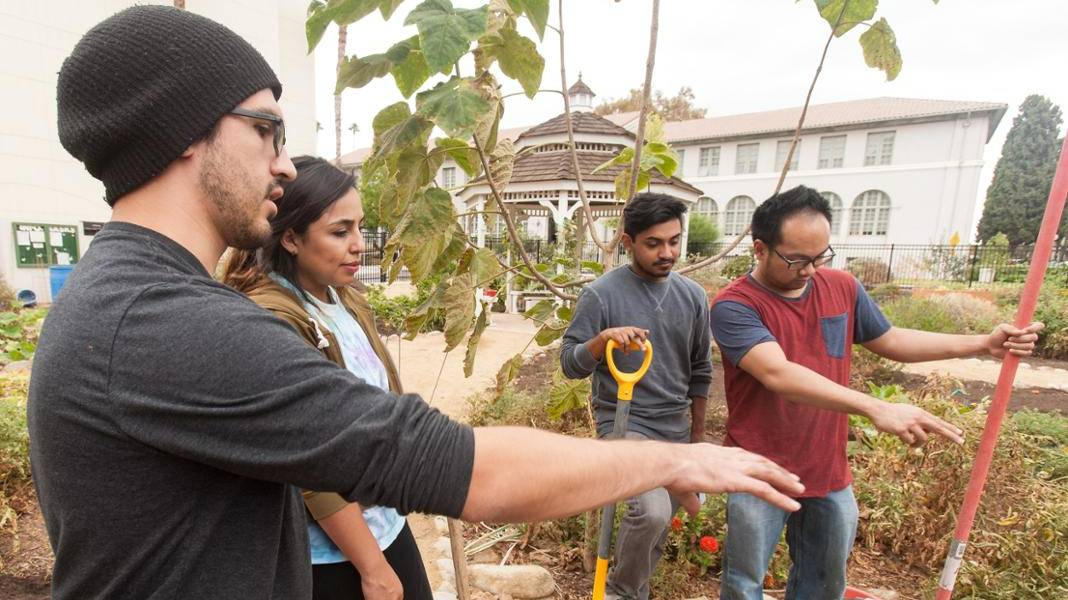
Equity Spotlights
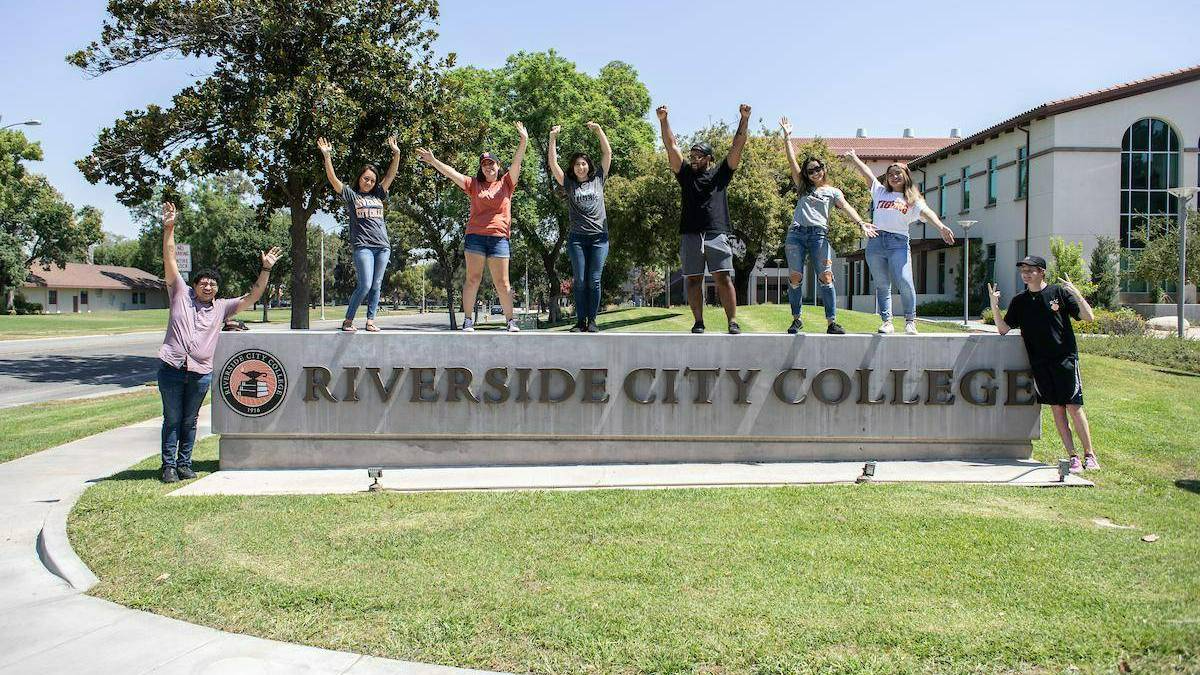
Data Coaching
Student Equity Committee
RCC is first committed to establishing an effective, campus-wide culture of Diversity, Equity, and Inclusion. Efforts include outreach that will allow us to surround students in targeted equity groups with the academic, instructional, self-affirming and direct support they may need in order to stay engaged in campus life, successfully enrolled in courses and to ultimately receive degrees and certificates and transfer to colleges and universities in a timely manner.



